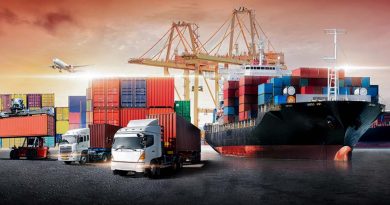Dr. Salehuddin Ahmed, Economic Adviser, expressed hope that the United States will reduce the retaliatory tariffs it has imposed on Bangladeshi products.
He stated that a delegation led by the Trade Adviser will visit the U.S. before August 1 to engage in discussions.
Speaking to reporters on Wednesday (July 23) after meetings of the Cabinet Committee on Government Purchases and the Cabinet Committee on Economic Affairs at the Secretariat, Dr. Ahmed shared these updates.
Regarding decisions made in the meeting, he said approval has been granted to import 150,000 tons of fertilizer, including urea and TSP. Approval has also been given for importing LNG.
He added that permission has been granted to import 220,000 tons of wheat. “The rationale is that we want to diversify a bit. There have been uncertainties in the Russian and Ukrainian blocks at times. We are currently negotiating to increase imports from the United States. U.S. wheat is of good quality,” he said.
When asked whether U.S. wheat is comparatively more expensive, the adviser responded, “Even if the price is slightly higher, we will benefit in other ways. U.S. wheat also has slightly higher protein content. Not significantly more, but still higher.”
With only eight days left before the U.S. tariffs take effect, journalists asked about Bangladesh’s preparation for negotiations. Dr. Salehuddin Ahmed replied that the Trade Adviser will travel to the U.S. before August 1.
In response to another question, he said, “We are hopeful that the tariffs will be reduced to some extent. Our trade deficit is very low—around $6.5 billion.”
When a journalist raised the issue of appointing a lobbyist on behalf of the business community, Dr. Ahmed dismissed the idea. “There’s no scope for appointing a lobbyist in this case. Lobbyists are usually hired for long-term negotiations. What needs to be done here must be done quickly. They won’t even be able to enter the office, let alone negotiate.”
He added, “We have a good image in the U.S. Recently, we cleared outstanding payments to U.S. companies like Chevron, Excelerate Energy, and MetLife. The U.S. Chamber of Commerce has written to me expressing a positive attitude toward Bangladesh.”






